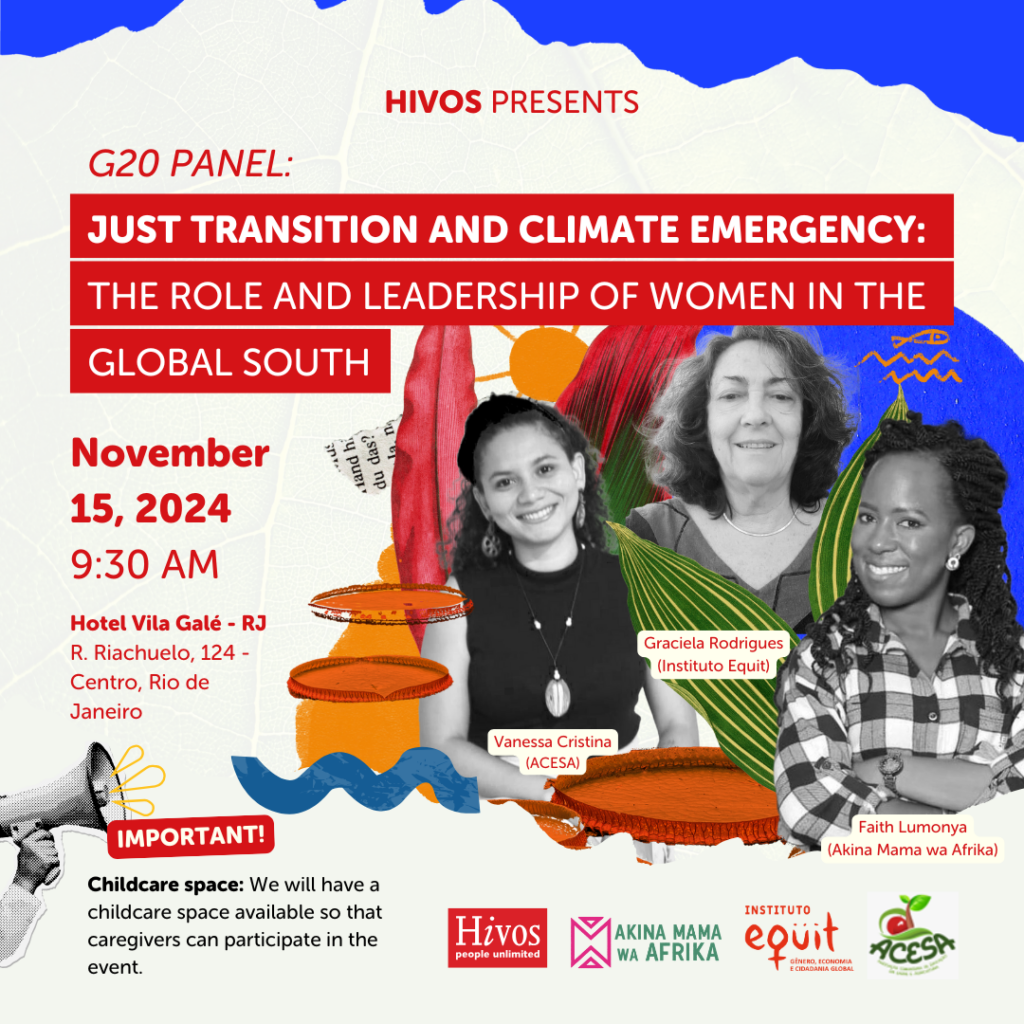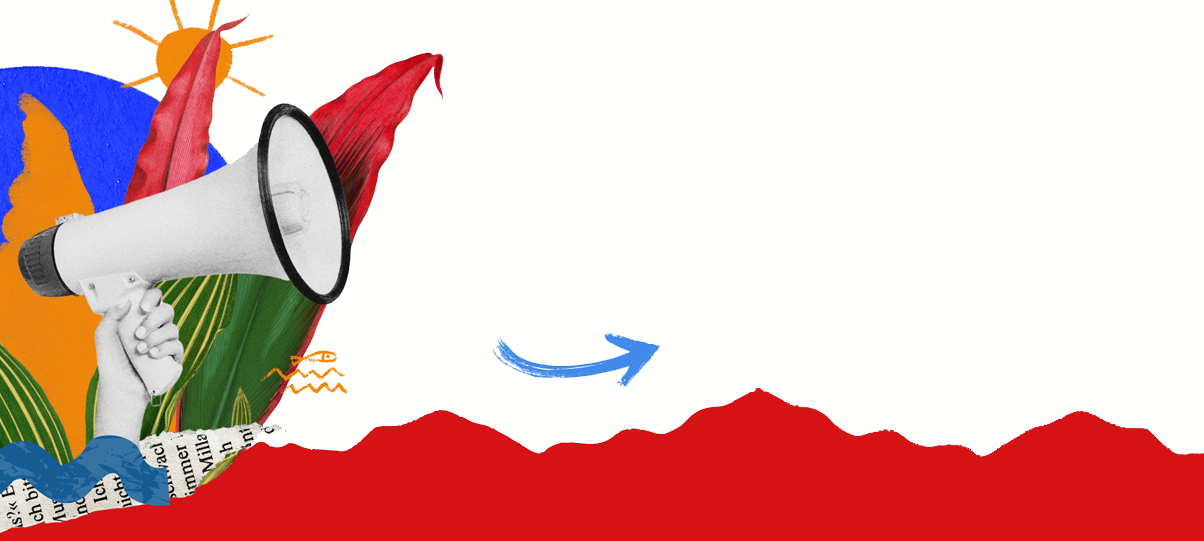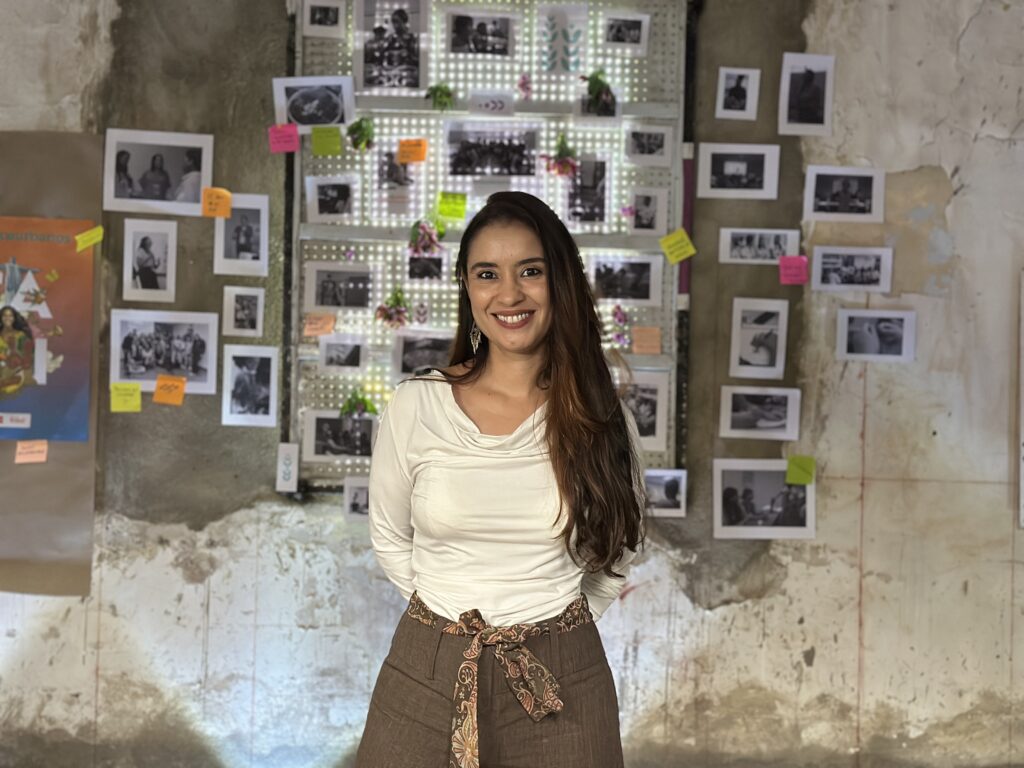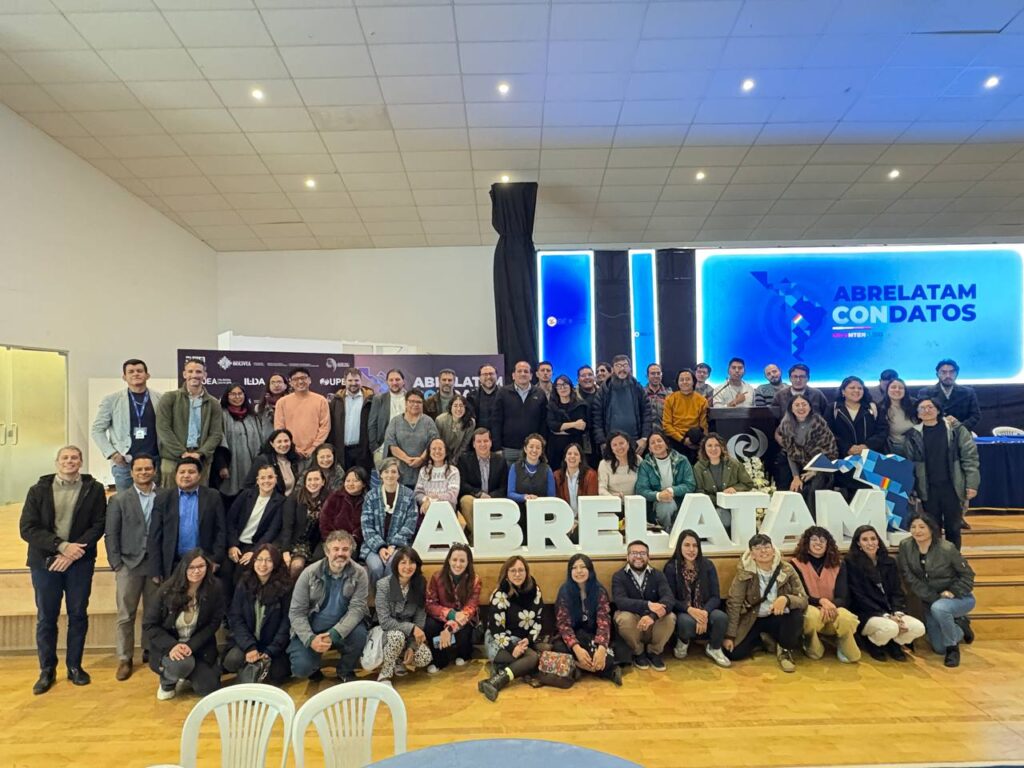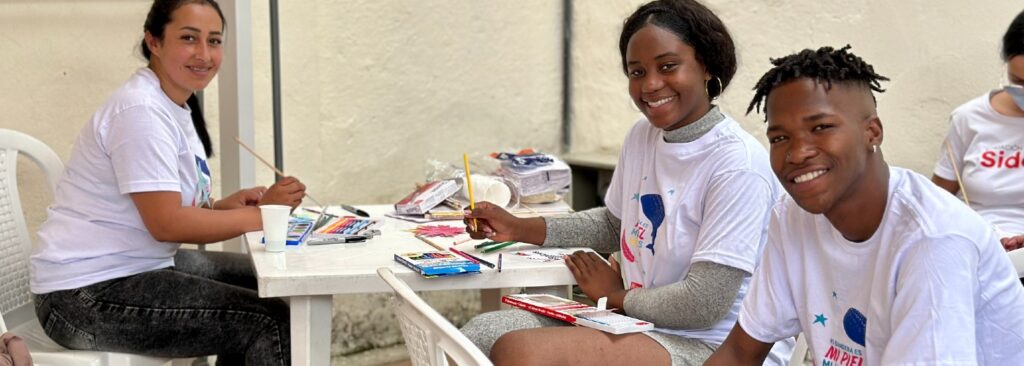The participation and leadership of women and racialized populations (such as Afro-descendants, Indigenous people, and traditional communities) from the Global South in climate action are essential for building truly inclusive and sustainable solutions. In the context of global events such as the G20 and COP29, these voices bring ancestral knowledge and unique perspectives on the relationship between people and nature. Women and racialized communities are on the frontlines of climate change impacts, and their resilience, experience, and leadership pave transformative pathways toward climate justice for all people and the planet.
Amplifying their voices in these spaces not only enriches global debate but also promotes climate action with a diverse approach that respects human rights and envisions a just and sustainable future. The presence of the Hivos team at the Social G20 in Rio de Janeiro and COP29 in Baku is an important opportunity to strengthen Hivos’ strategic role as a connector of movements and a promoter of alliances within the Global South. These events will help raise visibility for our projects in Brazil and contribute to shaping the Journey to Belém strategy for COP30, reaffirming our commitment to social and climate justice.
Our Participation in the G20
The Hivos Brazil team is pleased to announce a side event at the G20, coinciding with the official conference in Rio de Janeiro. This side event, titled «Just Transition and Climate Emergency: The Role and Leadership of Women in the Global South,» is organized by Hivos in partnership with the Instituto Equit, ACESA, and Akina Mama wa Afrika. At this event, we will discuss the importance of solutions led by women from the Global South to promote a just transition and tackle the climate emergency.
Experts and leaders from various organizations will share their experiences and local practices, exploring topics ranging from the female economy to global governance. A new study on intersectional feminist climate action will also be launched. Among the panelists will be Graciela Rodrigues from Instituto Equit, Vanessa Cristina from ACESA, Mariana Galdino from Instituto Decodifica, Essia Guezzi from Hivos Tunisia, and Faith Lumonya from Akina Mama wa Afrika.
